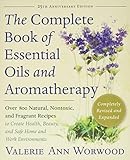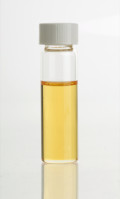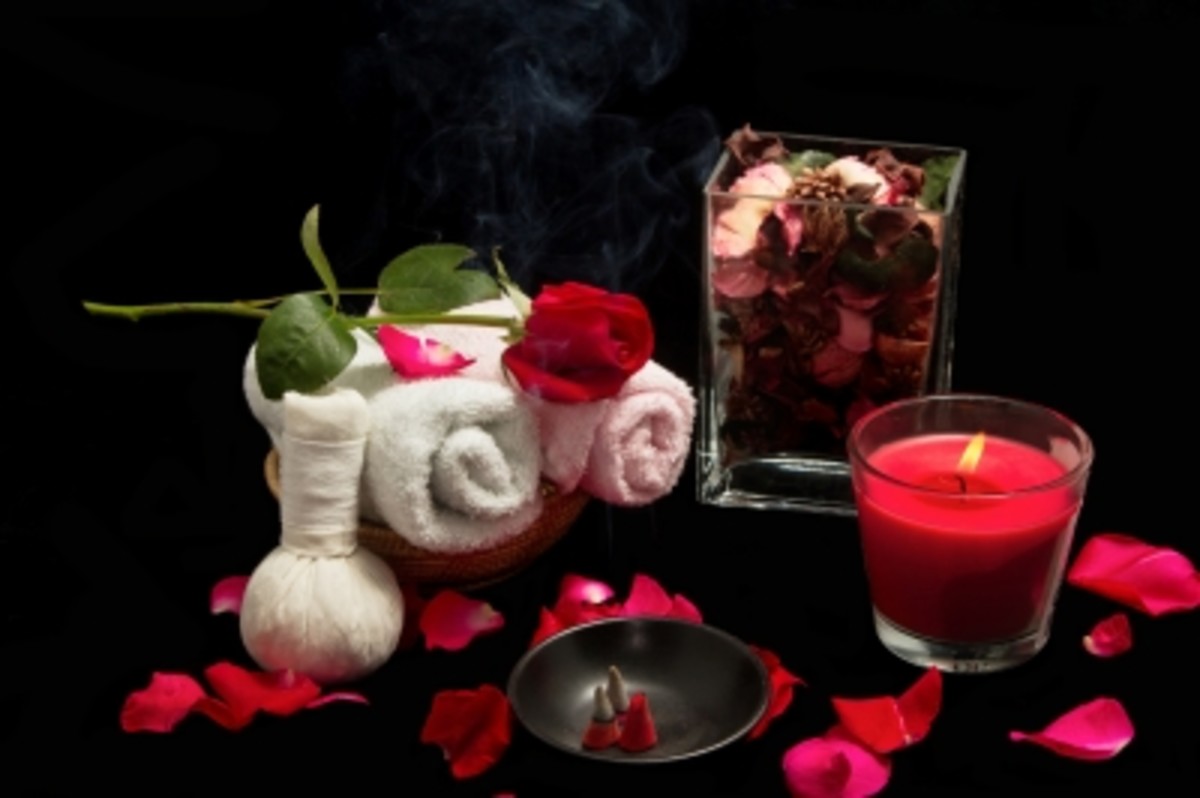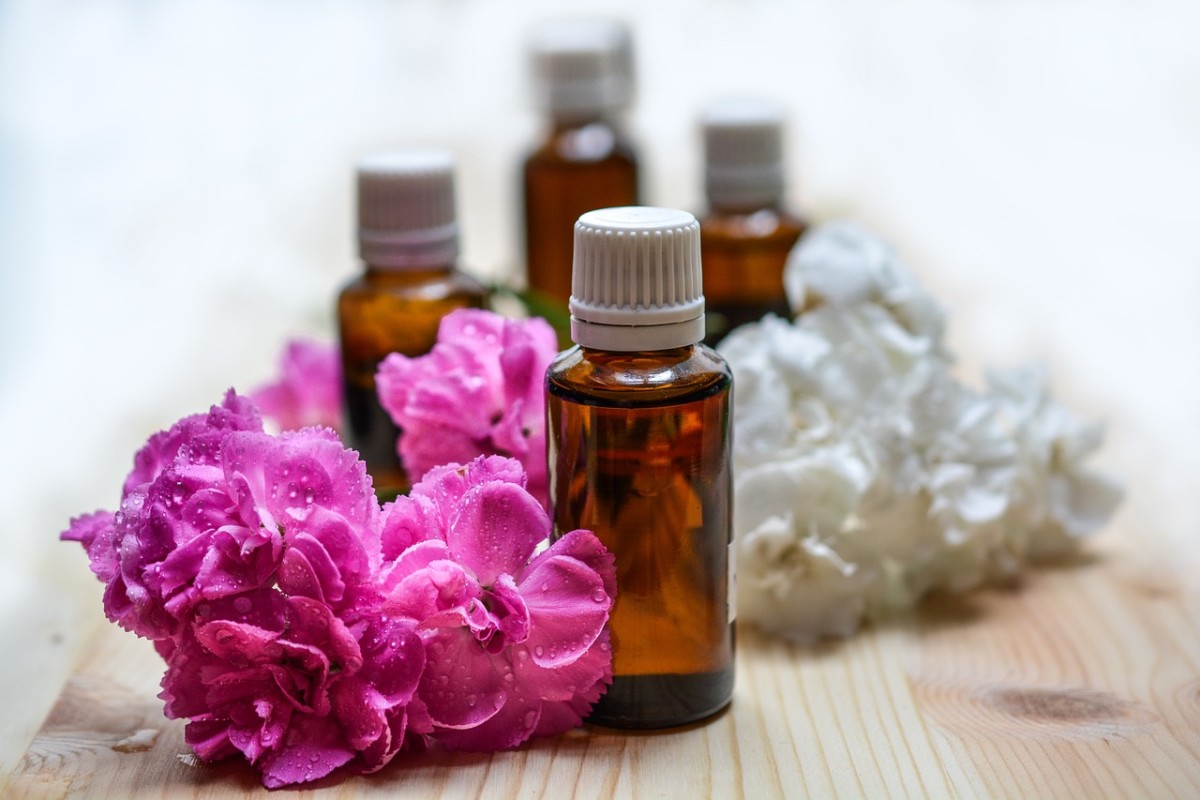- HubPages»
- Health»
- Alternative & Natural Medicine»
- Aromatherapy
Treating Chronic Sleeping Disorders With Essential Oils

Sleep is crucial to one's health
Sleep is crucial to one's health. There are several processes involved during one's sleeping hours that help regain all energy within the body that have been used up on the entire day's activities. Among the common conditions that are entailed with having lack of sleep or lack of quality sleep include inability to concentrate, lack of focus, slow brain adaptability, and slow reflex.
If you are suffering from this condition, then be pleased to know that essential oils might just be the solution you are waiting for.
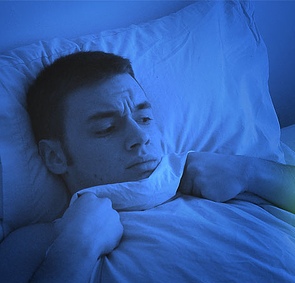
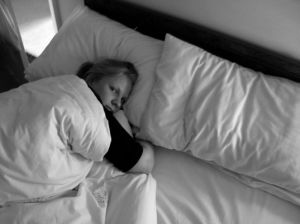
Common Sleeping Problems
Statistics reveal that about 20 to 30 percent of the entire population suffer from a variety of sleeping problems at some point in their lives. Indeed, this condition is quite common and yet it is strange to think that finding a solution for sleep disorders has baffled everyone for the longest time. Little did people know that the solution existed right in nature.
Before you can begin to understand how essential oils can cure sleeping problems, you must begin by trying to understand how it happens and what causes it. In some cases, people have problems sleeping for an extended period of time, instead of occasionally, which is a condition dubbed by health experts as chronic. Indeed, it requires immediate attention as the continued lack of sleep or quality sleep can be harmful to one's health.
Insomnia is the most common type of chronic sleeping problems. Other sleeping disorders include sleep apnea, restless leg syndrome, and narcolepsy. Experts believe that these conditions are often triggered by psychological factors, meaning it can be traced to stresses caused by pressues from job, school, or peers. It can also be caused by anxieties and worries that fill one's thoughts during waking hours that they bring with them during sleep.
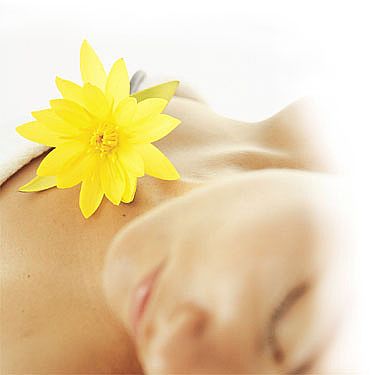
Better Sleep With Essential Oils
Before moving further, it is important to establish that sleeping problems associated with stress and anxiety is most effectively treated with aromatherapy. Therefore, you need to consult your doctor or therapist in cases of more serious sleeping problems.
The benefit of using essential oils to produce better sleep quality is due to the calming and soothing effect that is brought about on the nerves of an individual suffering from sleeping problems. You can use one or a combination of essential oils to induce sleep.
When it comes to the method of application, it can be directly applied to the skin. Avoid using topical essential oils on babies with sleeping problems unless approved by your pediatrician. Another method is through aromatherapy bath, which is ideally done before bedtime.

Can't Sleep insomnia restless nights cured naturally.
Lavender Essential Oils
I can't sleep? How to get to sleep Stay asleep.How to relax. Pastorstraw with help.
Common Essential Oils For Treating Sleep Disorders
The natural healing properties of essential oils help produce an effective cure against sleeping disorders and improve the quality of sleep for those who experience restlessness during bedtime. There are no strict rules on the application of essential oils, but if you want to produce more effective results, then you can try using them a few minutes before going to bed.
Below are suggested essential oils and how you can use them to treat a variety of sleeping problems.
Chamomile Essential Oil
The sedative properties present in chamomile essential oil is ideal for improving sleep quality. There are two methods of application for this type of oil: massage and tea.
You can use chamomile as a massage oil on both adults and children because it is safe enough for the skin to use. If you are going to make a chamomile tea, you must take a cup of the chamomile tea three times a day.
Lavender Essential Oil
The strong but subtle aroma produced by lavender oil reaches the nervous system and alters emotional and psychological behavior for better sleep. You can use it in 3 various methods: bath, inhalant, and massage.
For bath, simply add a few drops into a tub of lukewarm water and then soak in it for about 15 minutes. For inhalant, you can add a few drops into a cloth and inhale it to induce sleep. For massages, combine it with an ounce of carrier oil before applying into skin to avoid irritation.
Passion Flower Oil
This type of essential oil is beneficial for sleeping problems associated with mental and emotional stress. The sedative properties of the passion flower is one reason why it is manufactured into sleeping aid products in the market.
One advantage of using passion flower oil is that it is safe and gentle enough to use on children. And even if you have accidental overdose, it does not seem to cause any serious danger.
Valerian Essential Oil
For people suffering from chronic sleeping problems or restlessness during night, the sedative properties of valerian essential oil makes this essential oil very effective for use. One benefit of using valerian essential oil is that it reduces the sleep latency. Among those who have used this type of oil, they showed real improvements in the quality of sleep.
The lack of side effects from using valerian essential oil makes it a good choice for treating sleep disorders. You can either drink it as a tea or applied as a tincture.

Other Essential Oils for Sleeping Problems
Whether you are looking to use essential oils to improve the quality of
sleep or to help induce sleep, here are some of your additional choices
of essential oils to use:
Jasmine: A
combination of expectorant, soothing, antidepressant, and relaxing
properties help make Jasmine oil effective in fighting stress, which is
a leading cause of insomnia.
Neroli: For
insomnia that is caused by irritability, panic, or anxiety, Neroli
oil's non-irritant and relaxing properties make it ideal for treating
this condition.
Sandalwood: This type of
essential oil is effective in treating insomnia and other types of
sleeping problems because of its antidepressant properties that allow
you to overcome any feeling of nervous tension.
Ylang Ylang:
This oil contains antidepressant and relaxing properties that reduces
the amount of stress and depression. Hence, it is ideal to use on
insomnia related to stress.
Marjoram: It
produces a warm and comforting scent, while it sedative properties help
provide relief from anxiety to improve quality of sleep.
Links on Essential Oils for Insomnia
- Essential Oils Archives - Taruna Oils | Taruna Oils
Taruna Oils offers therapeutic grade aromatherapy & essential oils for mind, body & spirit. Freshly cultivated and steam distilled, the essential oils in Taruna Oil's collection are life-enhancing gifts from nature.


